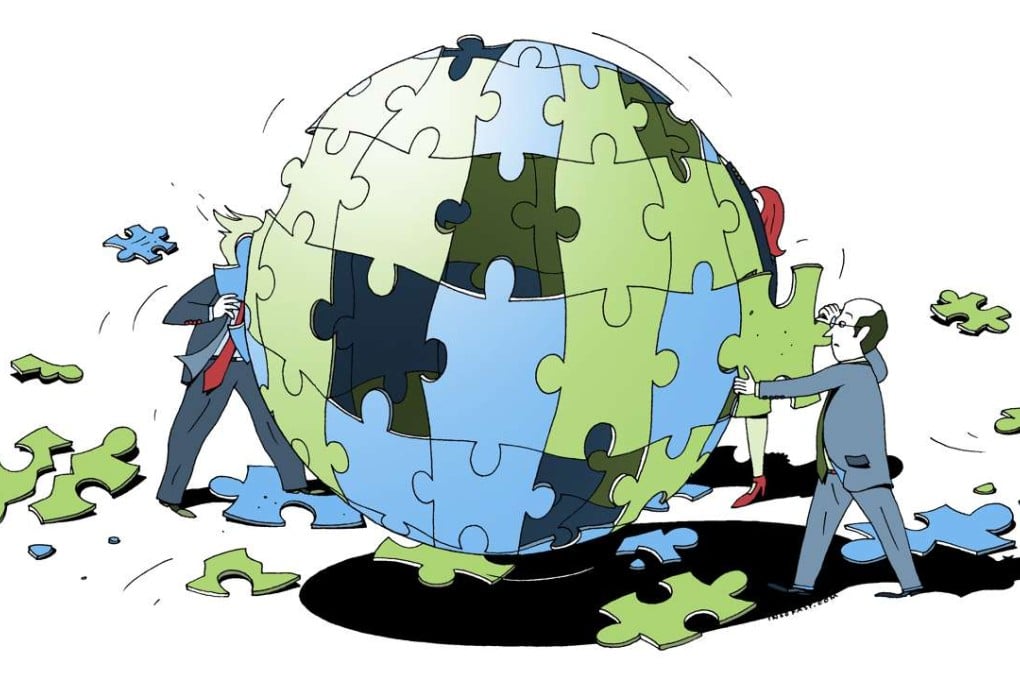Trump’s disruptive effect, and a turning point for the US and beyond
Joseph E. Stiglitz says Trump’s arrival signals a historic moment, as both major US parties seek to reinvent themselves and the world braces for new uncertainties

On January 20, Donald Trump will be inaugurated as the 45th President of the United States. I hate to say “I told you so”, but his election should not have come as a surprise. As I explained in my 2002 book, Globalisation and its Discontents, the policies we have used to manage globalisation have sown the seeds of disaffection. Ironically, a candidate from the party that pushed the hardest for international financial and trade integration has won by promising to undo both.
But there is no going back. China and India are now integrated into the global economy, and new technology is cutting manufacturing jobs worldwide. Trump cannot recreate the well-paying manufacturing jobs of past decades; he can only push for advanced manufacturing, which requires higher skill sets and employs fewer people. Rising inequality, meanwhile, will continue to contribute to widespread despair, especially among the white voters in Middle America who handed Trump his victory.
Watch: Hillary Clinton calls on Americans to look to the future after losing election
Trump is clearly not a member of the traditional elite, which lent credence to his promise of ‘real’ change
In the first three years of the so-called recovery after the 2008 financial crisis, 91 per cent of the gains went to the top 1 per cent of earners. Wall Street banks were bailed out with billions of dollars in taxpayer money. US President Barack Obama’s economic policy team of Wall Street insiders broke the rules of capitalism to save the elite, confirming the suspicion of millions of Americans that the system is, as Trump would say, “rigged”.
Obama brought “change you can believe in” on issues such as climate policy; but with respect to the economy, he bolstered the status quo – the 30-year experiment with neo-liberalism, which promised that the benefits of globalisation would “trickle down” to everyone. Instead, the benefits trickled up.
Rising inequality, an unfair political system, and a government that spoke as if it was working for the people while acting for the elites created ideal conditions for a candidate like Trump to exploit. Though wealthy, Trump is clearly not a member of the traditional elite, which lent credence to his promise of“real”change. And yet it will be business as usual, as Trump will adhere to Republican orthodoxy on taxation and, by appointing lobbyists and industry insiders to his administration, has already broken his promise to “drain the swamp” in Washington.
Watch: Trump reportedly done with ‘drain the swamp’ policy
The rest of Trump’s economic agenda will depend largely on whether House Speaker Paul Ryan is a true fiscal conservative. Trump has proposed that large tax cuts for the rich be combined with massive infrastructure spending programmes, which would boost gross domestic product and improve the government’s fiscal position somewhat. If Ryan is not as concerned about the deficit as he says he is, he will rubber-stamp Trump’s agenda, and the economy will receive the Keynesian fiscal stimulus that it has long needed.